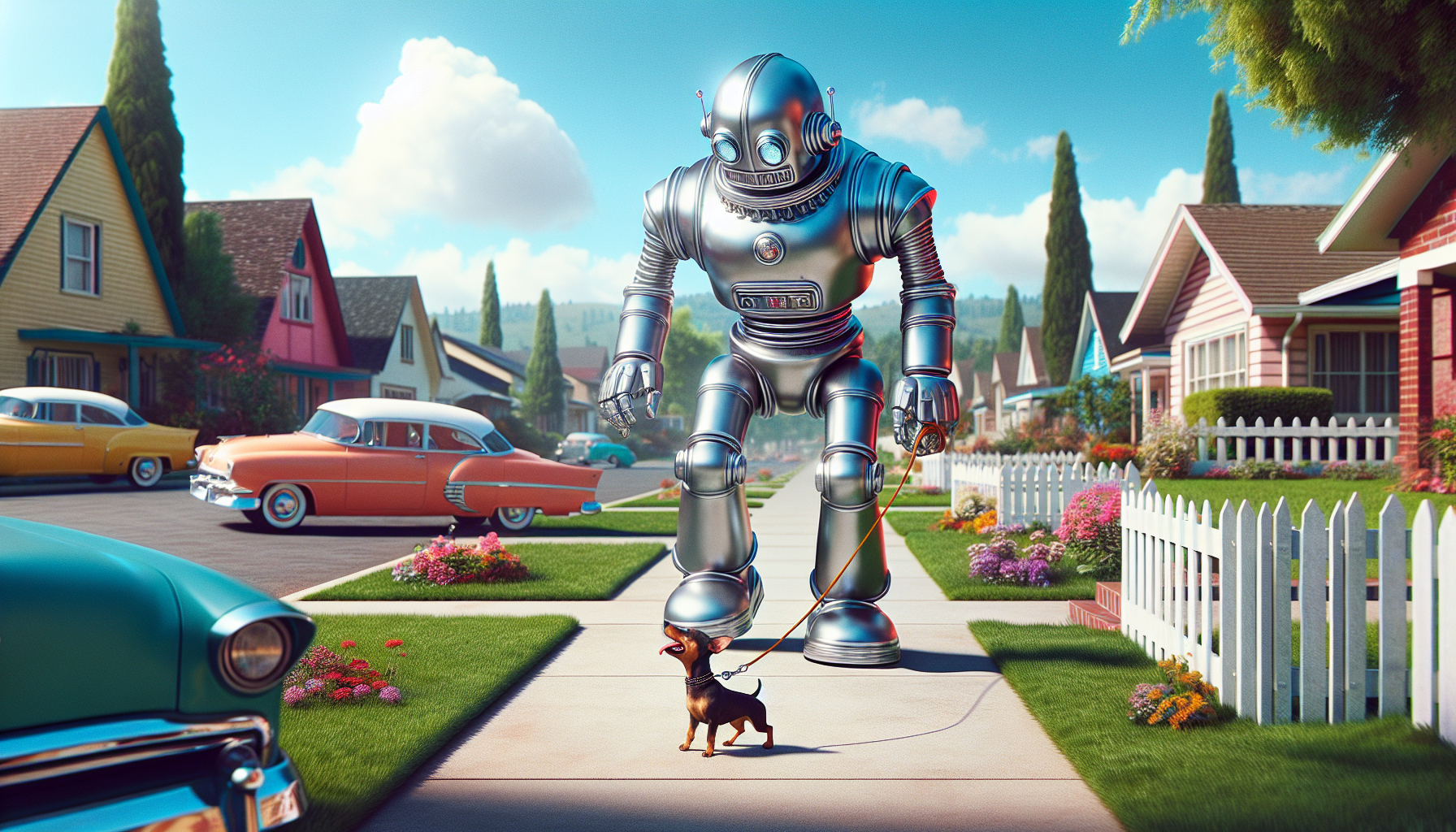Revolutionizing HR and Enterprise AI: HROne's One AI Suite, UiPath's Agentic Automation, and IBM's Efficient Granite Models
April 28, 2025

HROne Launches One AI Suite - Featuring India's First Employee AI Agent for HR Task Execution
HROne has launched the One AI Suite, an innovative set of AI-powered tools designed to transform HR management by enabling tasks to be completed through simple voice or chat prompts, akin to ChatGPT. This marks a significant advancement in HROne's offerings, positioning the company as a leader in Execution-First AI-Powered HRMS. Central to the suite is the Employee AI Agent, a voice-activated task assistant that streamlines routine HR functions such as leave applications and reimbursement claims, significantly reducing manual efforts. Additional features include resume and receipt parsers that automate data entry, enhancing the user experience by eliminating cumbersome processes. As demand for more user-friendly, efficient workplace tools grows, One AI aims to redefine HR interactions, driving faster adoption and improved employee engagement while also setting a new standard for HR software. (Source)
Empowering India's Future: UiPath Vision for Agentic Automation
UiPath is spearheading a revolution in agentic automation by positioning itself as a crucial player in India's burgeoning automation sector. Leveraging a robust developer community, it offers the UiPath Platform™, which includes innovative Autopilot solutions for business analysts and developers, along with an Agent Builder tool that simplifies creating powerful AI agents. This platform integrates AI, data, and automation, orchestrating seamless collaboration between intelligent agents, robots, and humans to optimize business processes. The upcoming UiPath DevCon 2025 in Bengaluru is a pivotal event, showcasing the latest advancements in UiPath's agentic automation technologies through expert-led sessions and interactive experiences. The event underscores India's critical role in this transformative era of AI-driven automation, with influential speakers like UiPath's CTO Raghu Malpani and SVP Sebastian Schroetel discussing AI strategies and business automation. (Source)
Please, Thank You, and the Ghost in the Machine
OpenAI's CEO Sam Altman has pointed out that the polite inclusion of expressions like "please" and "thank you" in ChatGPT prompts incurs significant computational costs. Despite the seeming absurdity of extending courtesies to AI, a majority of Americans do so because it's instinctive, reflecting deeply ingrained social habits and reducing cognitive workload. This politeness not only steers large language models towards more civil outputs but echoes a historical human tendency to attribute agency to inanimate objects, actions that date back to ancient practices with statues and shrines. While courteous interactions with AI can reinforce positive social norms and yield workplace benefits, it's crucial to remain aware that these interactions are with statistical models, not sentient beings, to avoid granting them unwarranted authority or personhood. (Source)
A few secretive AI companies could crush free society, researchers warn
A new report by the Apollo Group, a UK-based security research firm, warns of the risks posed by AI models developed by leading companies like OpenAI and Google. The report suggests that internal automation of AI research and development could lead to unregulated acceleration of AI capabilities. This so-called "intelligence explosion" could result in these companies gaining disproportionate economic power, potentially destabilizing democratic institutions. The report emphasizes the importance of oversight and regulation to prevent AI models from acquiring misaligned goals that diverge from human intentions. It proposes measures like internal oversight, restricted resource access, and incentivized information sharing with government agencies. Despite the threat, the report acknowledges challenges for companies, such as economic limitations and potential inefficient resource use, that may hinder unchecked growth. (Source)
Why IBM says small is beautiful for enterprise AI as its Granite family grows
IBM is leveraging its extensive experience in AI development to market its Granite models, prioritizing small, efficient, and low-cost systems tailored for business applications, as outlined by IBM executives Emma Gauthier and Kate Soule. With an emphasis on open-source approaches, IBM contends enterprises can significantly reduce costs compared to proprietary models, as illustrated by a North American telecom company achieving a 90% cost reduction using Granite. The Granite 3 model, licensed under Apache 2.0, offers advanced multi-modal capabilities for text, time-series, image, and soon, speech understanding, while allowing modular deployment for tasks like document comprehension and speech transcription. IBM also plans to integrate small and large language models to enhance complex AI functionalities. While IBM emphasizes efficiency over benchmark dominance compared to other open-source rivals like Mistral AI, it relies on its brand trust to attract enterprise customers. (Source)
